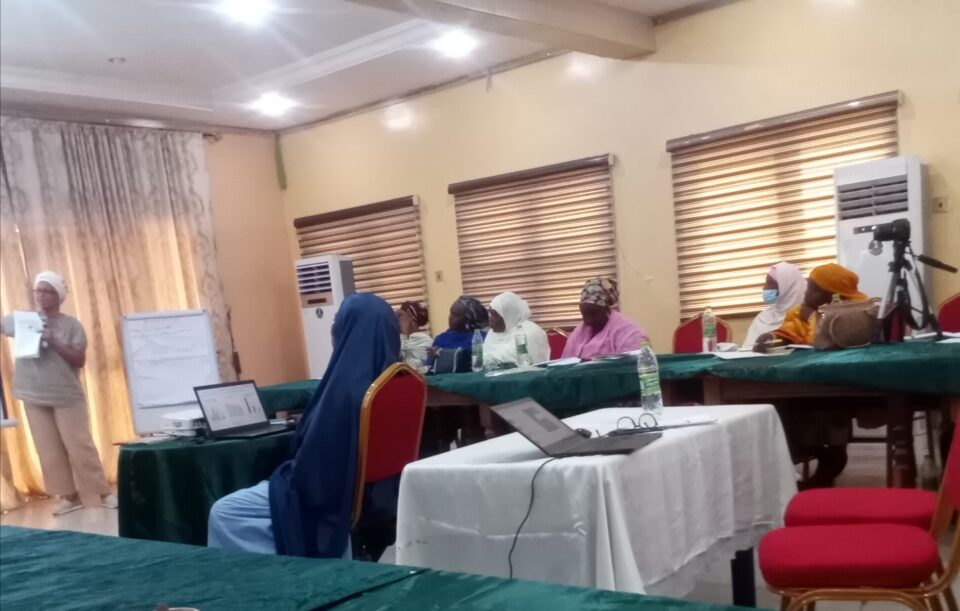By Felix Khanoba
The United Nations Children’s Fund (UNICEF) has expended the whopping sum of $109,196,039 on its Girls Education Project phase 3 (GEP3) in six northern states in Nigeria within the last 10 years.
The money, which is equivalent to over N45.4 billion with the current official exchange rate of N416.18 to a United States dollar, was provided by Foreign, Commonwealth and Development Office (FCDO) to shore up enrolment of girls in Katsina, Bauchi, Zamfara, Sokoto, Niger and Kano State.
UNICEF’s Chief Field Officer in Sokoto, Dr Maryam Darwesh-Said, who made this known on Tuesday at a three-day Media Dialogue on GEP3 in Sokoto, said the intervention has seen to massive enrolment of out-of-school children in the beneficiary states.
Narrating some of the massive gains recorded under the project, Darwesh-Said said in Sokoto and Zamfara states alone, the GEP3
attracted 964,325 children to school from 2012 till date.
She said that the figure represented 44 per cent in Sokoto and 62 per cent in Zamfara, based on progressive annual school census data.
According to her, during the period, the capacities of no fewer than 11,593 teachers were also enhanced, out of whom 486 were females in the two states, adding that 1,280 Integrated Qur’anic School (IQS) facilitators were also trained in the two states.
Darwesh-Said said that the project ensured three outputs comprising increased enrolment and retention of girls in basic education, improved capacity of teachers to deliver effective learning for girls and improved governance to strengthen girls’ education.
“In recognition of the benefits from GEP, a sustainability strategy document was developed by the states.
“I urge the states to ensure full implementation of the sustainability plan by incorporating it into their budget to capture required funding contributions for UNICEF supported interventions to facilitate strategic sustainability,” she said.
Darwesh-Said said that only continuity could ensure that those young girls and boys who had been provided with the opportunity of enjoying their rights to education continue to thrive and learn to become responsible citizens.
Also speaking at the event, Sokoto State Commissioner for Basic and Secondary Education, Bello Abubakar, commended UNICEF and other supporting partners, noting that the state had achieved a lot in the growth of education.
While expressing the readiness of the state government to sustain the project to leverage on its positive impact, Abubakar, however, called on UNICEF to consider extending the ‘life’ of the GEP3 project.
On his part, Chairman of Sokoto State Universal Basic Education Board (SUBEB), Altine Kajiji, said that the state government would soon roll out 76 post-basic literacy centres to further boost education in the state.
According to Kajiji, two of such centres will be located local government area, with one allocated to boys and one to girls, to promote formal learning.
The AUTHORITY reports that the media dialogue attracted journalists, government officials from Sokoto and Zamfara states as well as officials of UNICEF including Dr Geoffrey Njoku, Chief of Communication, UNICEF Nigeria; Miriam Mareso, Education Manager, UNICEF field office, Sokoto; Tukur Labbo-Yabo, Education Officer, UNICEF field office, Sokoto, Samuel Kaalu, Communication Specialist, UNICEF field office, Kano, among others.


